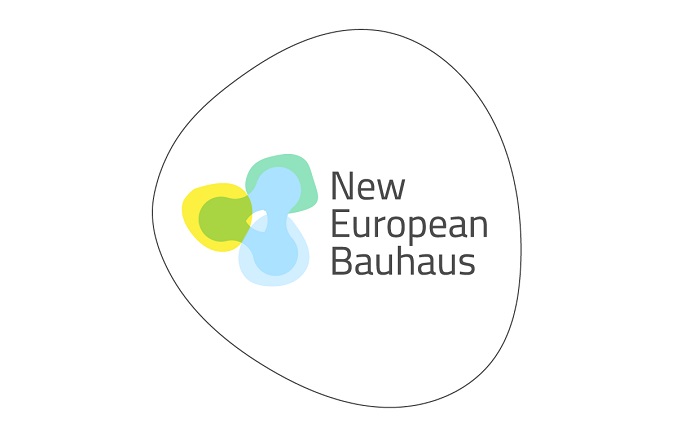Doing business

the Commission is launching the New European Bauhaus capacity-building programme for the reconstruction of Ukraine in partnership with Ukrainian organisations. This follows the meeting between the College and the Ukrainian Government held in Kyiv on 2 February, the EU–Ukraine Summit of 3 February, as well as Commissioner Virginijus Sinkevičius’ visit to Kyiv on 16-17 February on cooperation and assistance to Ukraine in its sustainable reconstruction efforts and on the Phoenix initiative.
The capacity-building initiative aims to provide both inspiration and practical help for municipalities involved in the reconstructions and rebuilding of Ukraine. The programme is organised by and with Ukrainian partners – Ro3kvit, ReThink, Covenant of Mayors East, and the Architects’ Council of Europe. President Ursula von der Leyen and Commissioners Mariya Gabriel and Elisa Ferreira will participate in the event via video message.
President Ursula von der Leyen said: “We will reconstruct Ukraine. We have to and we will do that. The reconstruction, owned by Ukraine, should be done in the spirit of the New European Bauhaus. There are urban planners, architects, engineers fully on board and the NEB concept will inspire them. Our vision is to turn the destruction of war into opportunities to build a beautiful and healthy future for Ukraine.”
Addressing key needs of Ukrainian municipalities
There will be a series of webinars from April to address the needs of Ukrainian municipalities (or Hromadas). The first webinar will set the political frame of the capacity building and present the three other modules, which will address different aspects of reconstruction:
Following the first three modules, the Commission and our Ukrainian partners will analyse further needs and develop further actions to help with the reconstruction, with the support of the entire whole New European Bauhaus community.
Background
The New European Bauhaus (NEB) is an environmental, economic, and cultural project launched by President von der Leyen in her 2020 State of the Union. The NEB puts the focus on community building and bottom-up approaches to implement the European Green Deal by promoting beautiful, sustainable, and inclusive places, products, and services.
Only two years after its launch, the NEB has grown into a movement with an active and growing community of more than 1000 members from a wide variety of sectors (e.g., education, construction, fashion) operating across all EU Member States and beyond.
Since the start of the Russian war of aggression against Ukraine, the NEB community has shown readiness to support Ukrainians; always with the approach to combine, as much as possible, emergency actions with longer-term needs in the country.
All NEB actions in Ukraine are closely coordinated with colleagues from the Ukraine taskforce, the Directorate-General in charge of European Neighbourhood Policy and Enlargement Negotiations (NEAR), the EU Delegation to Ukraine and the Covenant of Mayors East. The NEB also works very closely with several Ukrainian partners like the NGOs Ro3kvit, ReThink and the Architects’ Council of Europe.
For More Information